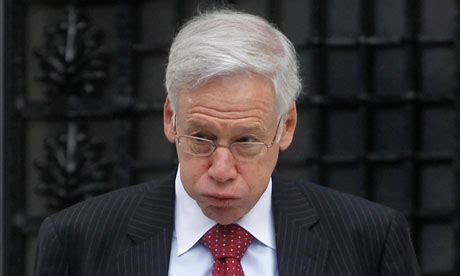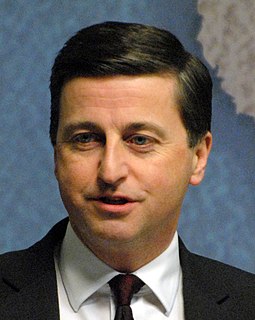A Quote by Sri Mulyani Indrawati
Reliable numbers about the amount of dirty money around the world are difficult to come by. But according to an estimate by the nonprofit Global Financial Integrity group, $1 trillion vanishes from the developing world's economies every year.
Related Quotes
I think the judging process is full of integrity, compared to some other prizes around the world. The fact that they change the panel of judges every year keeps it from becoming corrupt. I think it's very difficult if you've got judges for life; obviously relationships are cultivated between judges and authors, and publishing houses.
How come you like Josh so much anyway? All he does is sit around drinking overpriced coffee and bitching about how awful things are" "He cares about the world." "If he cared about the world, he'd donate the ten thousand dollars he must spend on coffee every year to charity. That would be doing something.
Indeed, as we begin the twenty-first century, the money and traditional economies are slowly destroying their own support system. Increasing demands of the two economies are surpassing the sustainable yields of the ecosystems that underpin them. For example, one-third of the world's cropland is losing topsoil at a rate that is undermining its long-term productivity, fully half of the world's rangeland is overgrazed and deteriorating into desert, and the world's forests have shrunk by about half since the dawn of agriculture and are continuing to shrink.



































